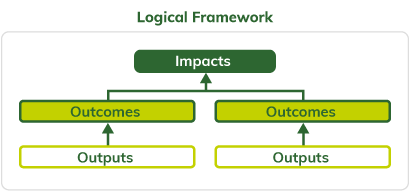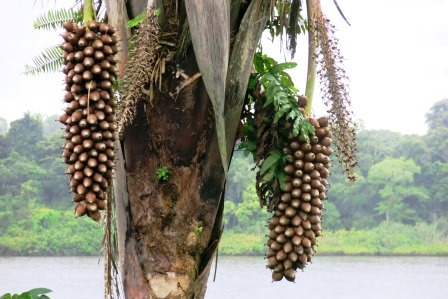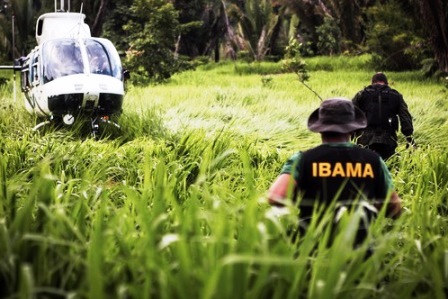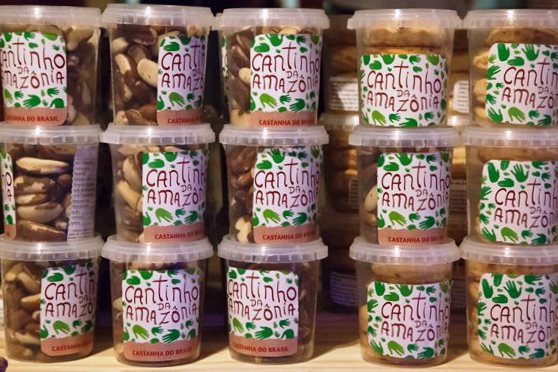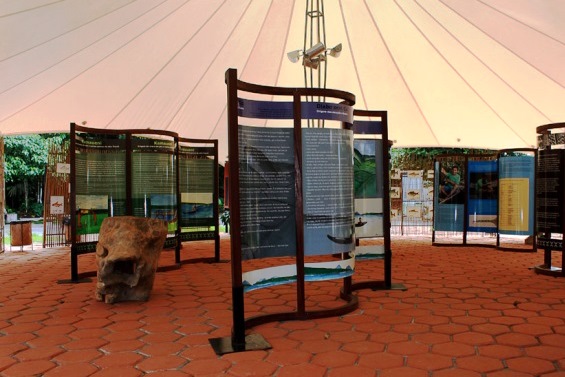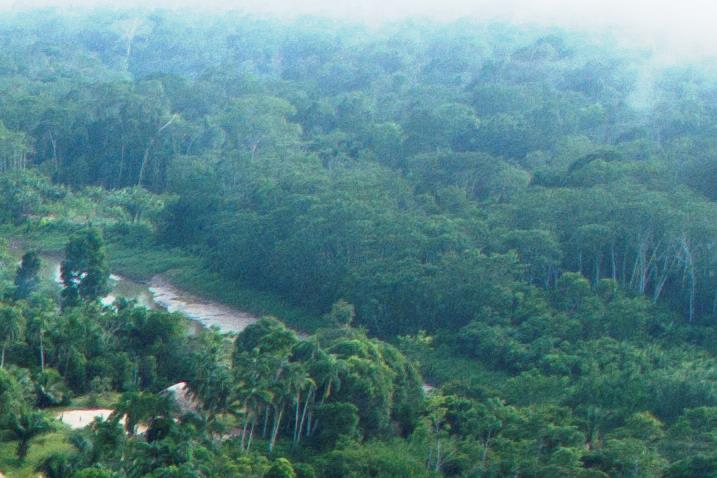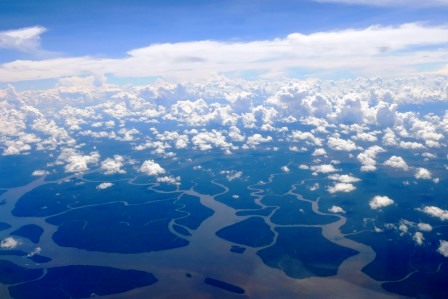CONTEXTUALIZATION
The Banco do Brasil Foundation (FBB) began operations in February 1988 aimed at financing projects in a wide array of areas, such as foodstuffs, health, education, employment and housing. It operates in the entire national territory by developing, implementing, accompanying and assessing programs and projects in partnership with other governmental and non-governmental institutions.
The foundation focuses on the social pyramid, specifically the public prioritized in public policies, including indigenous communities, former slave communities [quilombolas] and those in Agrarian Reform settlements. Standing out in the strategic aims is the development of initiatives within the scope of solidarity economies and efforts through multiplying programs that ramp upscale, bringing about social impact in the regions and communities they operate in.
THE PROJECT
The project is part of a technical and financial cooperation proposal between the Amazon Fund and the FBB, aimed at supporting projects that help develop production activities in accordance with conservation and the sustainable use of the Amazon Biome.
Efforts to receive support will be chosen by the foundation based on a territorial diagnosis and on the feasibility and relevance of their application and development. For this, the FBB will engage in dialogue with the local communities to assist in several stages of the process.
With this, it is expected that support will be offered to subprojects such as those structuring solidarity undertakings in production activities in the region, namely, açaí berries, cupuaçu fruit, Brazil nuts, bananas, cocoa, beekeeping, fish farming, babaçu berries, guarana berries, oils and essences, cassava root, passion fruit, local fishing, rubber, arts and crafts and agroecology.
Social technologies are expected to be re-applied in several areas, for example, food safety, recovery of degraded areas, rational management and the use of soil in agroforestry systems, as well as support for efforts aimed at land-title regularization and environmental licensing, sustainable forest management, reforestation, forest certification and recovery of deforested areas.
INTERVENTION LOGIC
The project is part of the "Sustainable Production" (1) component of the Amazon Fund’s Logical Framework.
Click on the following image to view its objectives tree, that is, how the project's outputs and linked to the expected outcomes and impact.
